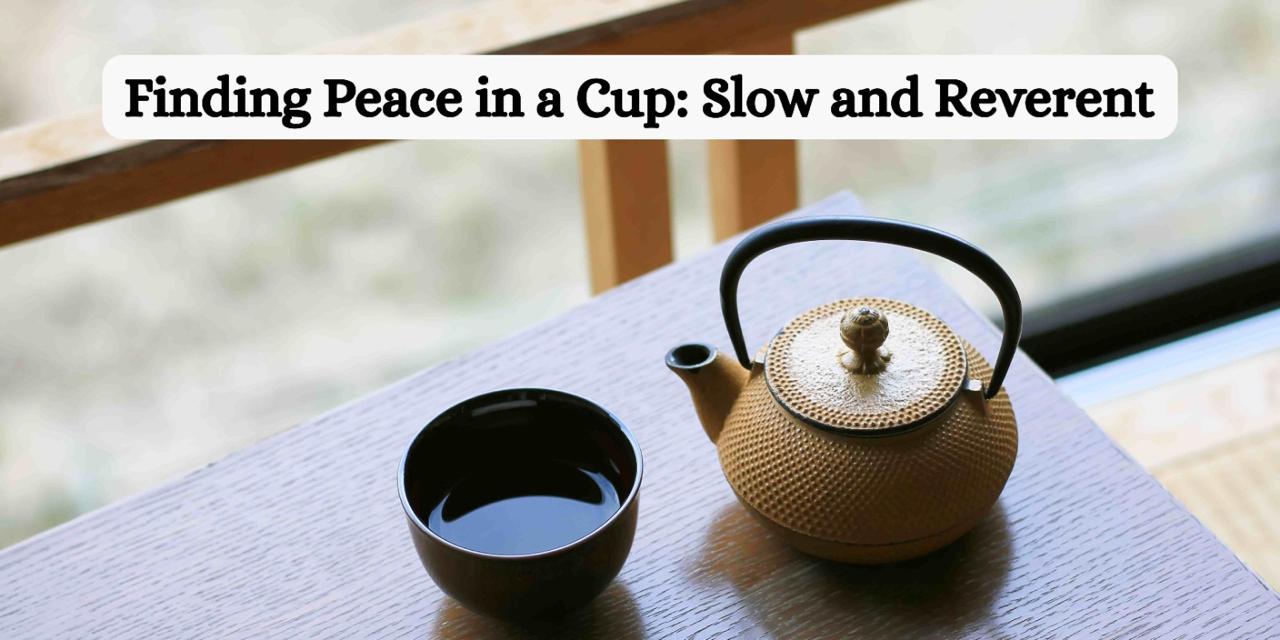In India, offering tea to guests is much more than just serving a drink. It is a heartfelt tradition, a warm gesture, and a true symbol of Indian hospitality. Whether someone visits unexpectedly or is invited for a special occasion, the first thing you will often hear is, “Chai lenge?” (Would you like some tea?). This simple question carries with it a sense of welcome, warmth, and care.
A Tradition Rooted in Culture
The custom of serving tea to guests has deep roots in Indian culture. From villages to big cities, tea is part of everyday life. It brings people together, creates conversations, and offers comfort. In many Indian households, the kitchen is always ready with tea leaves, milk, sugar, and masalas (spices), just in case a guest arrives.
This tradition is not about formality or luxury. It is about making someone feel at home. It doesn’t matter if the guest is a neighbor, a friend, a relative, or even a stranger—offering a cup of tea is seen as a sign of respect and kindness.
More Than a Drink
In India, tea—or chai—is not just a beverage. It is an emotion. When we serve tea, we are sharing a part of ourselves. The aroma of freshly brewed chai fills the air and sets a comforting tone. It gives both the host and the guest a moment to pause, relax, and connect.
Many memories are made over a cup of tea—discussions about life, joyful laughter, serious talks, or simply enjoying a few minutes of silence. That’s the magic of tea. It brings people closer and strengthens bonds.
A Symbol of Indian Hospitality
Hospitality is a big part of Indian values. We believe in the phrase “Atithi Devo Bhava,” which means “The guest is like God.” This belief is often expressed through small gestures, and offering tea is one of the most common and beloved ones.
Even if someone doesn’t have much, they will still offer tea to a visitor. It shows warmth, generosity, and the joy of sharing. In fact, in many Indian homes, tea is offered even before asking the guest why they’ve come—it’s that important.
Chai with a Personal Touch
What makes this tradition even more special is how personal it can be. Each home has its own style of making tea. Some people like strong chai with ginger and cardamom, while others prefer light tea with a hint of lemongrass. Some make it with milk and sugar, while others offer black or green tea. This personalization makes the experience unique and thoughtful.
The act of making tea itself can also be a quiet form of love. The host puts effort into boiling the water, adding spices, and adjusting the flavor—just to make sure the guest feels cared for.
Tea Beyond Homes
You’ll also find this tradition alive in tea stalls and small shops across the country. Roadside tea vendors, also known as “chaiwalas,” often serve tea in small glasses to customers standing around and chatting. It’s not just about the drink—it’s about the sense of community and belonging that comes with it.
Even in offices, during festivals, or at weddings, tea is a must-have. It breaks the ice and builds connections.
Conclusion
Offering tea to guests is a timeless Indian tradition. It is simple, yet deeply meaningful. It shows how much we value relationships, and how something as humble as a cup of tea can express love, care, and hospitality.
So, the next time you visit someone in India—or host a guest yourself—remember that tea is more than a beverage. It’s a tradition that continues to bring hearts together, one warm sip at a time.




